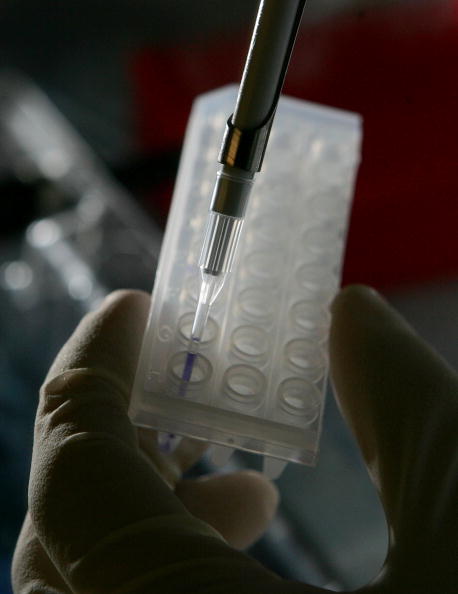
A cancer council in Australia has just increased the funding for independent clinical trials up to $7million, giving almost 2,000 cancer patients in Queensland access to possibly life-saving treatments.
The funding, which comes from Queensland Health and Cancer Council, is supporting 12 different types of cancers, including skin, ovarian, breast, prostate, lung, bowel, and cervical. It will also be used for trials focusing on pancreatic cancer, which continues to have a poor survival outcome due to lack of screening tests and late diagnosis, as well as cancers that commonly affect children. The funding will be disbursed gradually in a span of 5 years and may hopefully cover around 140 clinical trials.
According to Professor Jeff Dunn, the council's chief executive, clinical trials benefit the patients as they provide better health outcomes and save the government health care costs. These trials can also make current cancer treatments more effective.
A portion of the fund, however, also goes to data managers. Although they are not directly associated with these clinical trials, they work closely with both the patients and the researchers.
Data managers are responsible for looking for patients that are most ideal to undertake the trials. This is to ensure that the ones who need them the most get the opportunity to do so. They will also match cancer patients to trials that are available. Moreover, they are the ones who assist in recording the trial data.
In the long run, Professor Dunn is positive that the additional funding for the trials will offer the much-needed support toward cancer screening, treatment, management, and care. It will increase the survival rate of Queensland's cancer patients.
According to Cancer Australia website, it is estimated that at least 125,000 new cases will be diagnosed in the country, most of whom will be males. The risk of having cancer by the time the person reaches 85 years old is 1 in 2.
